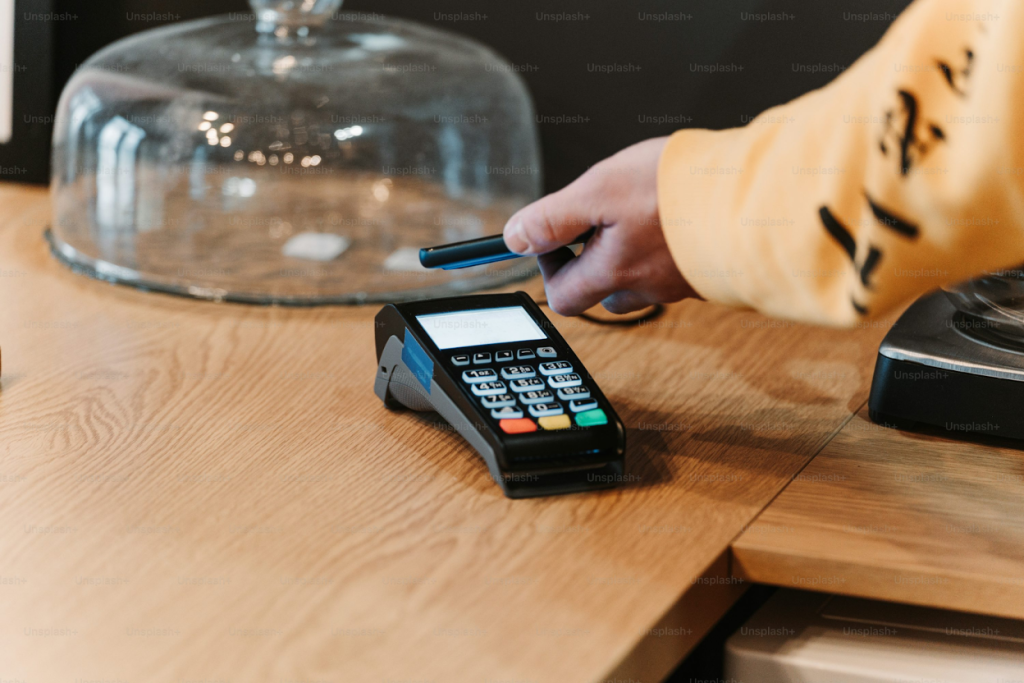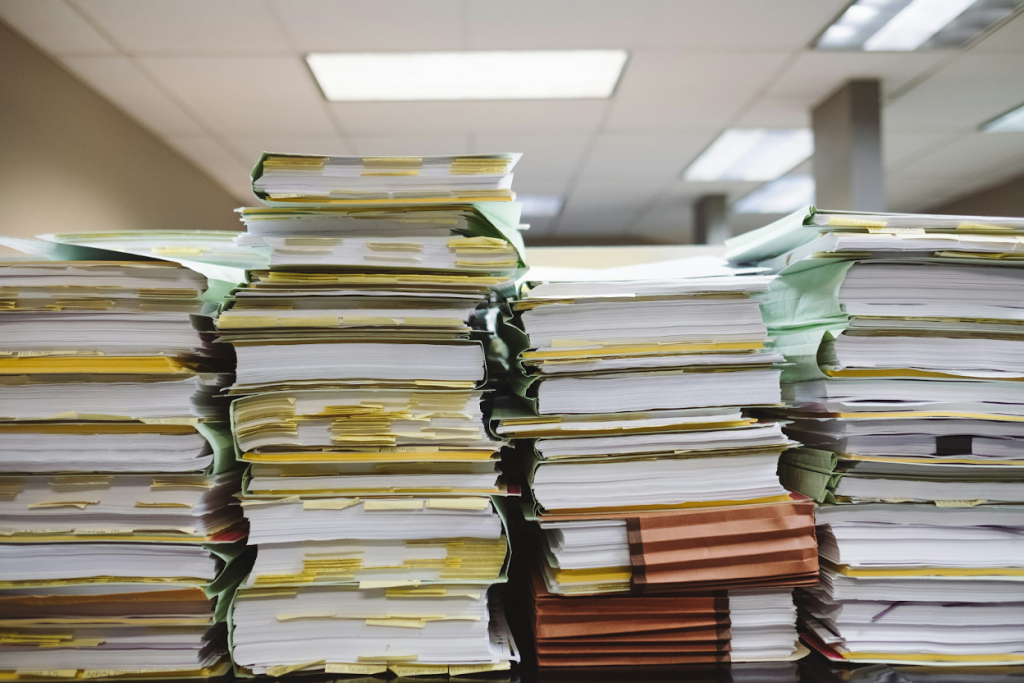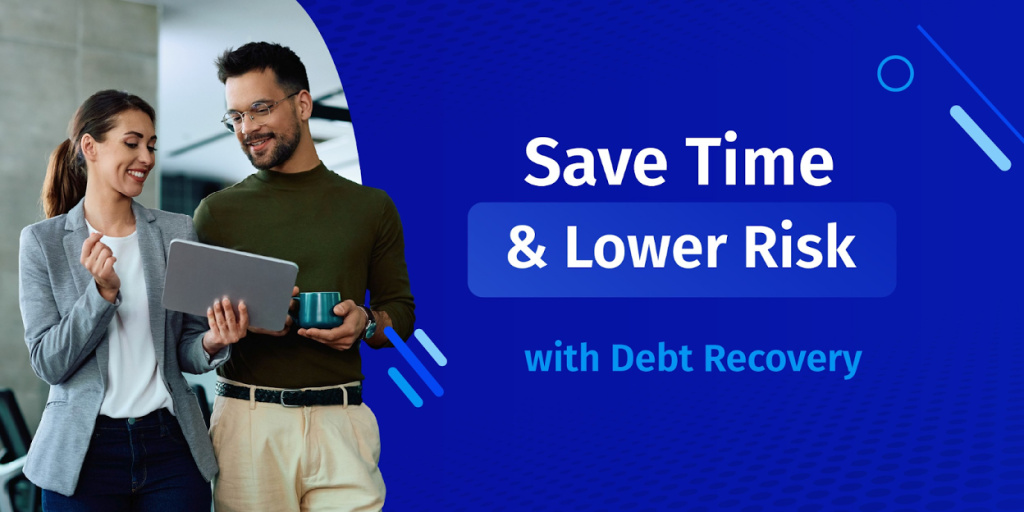- Customer Service 866-837-3065 Make A Payment (866) 558-3328
- Client Portal
- Consumer Support

When customers dispute credit card transactions, the resulting chargebacks create immediate financial strain on businesses. The payment processor reverses the transaction amount, temporarily crediting the customer while investigating the claim. This process disrupts cash flow and often comes with additional fees that compound the loss.
For B2B companies, chargebacks is more than just reversed transactions. The dispute process typically gives merchants 7–10 days to respond with compelling evidence proving transaction legitimacy. Missing this window often results in automatic losses.
The financial impact extends beyond the reversed payment. Merchants face chargeback fees ranging from $20 to $100 per incident, administrative costs from gathering evidence, and potential increases in payment processing rates if chargeback ratios exceed acceptable thresholds.
|
Southwest Recovery Services: Get Your Money Back 20+ Years Experience | Texas-Based | Contingency Only – You Pay When We Collect
Built for Commercial Collections:
The Southwest Recovery Difference: ✓ Contingency only – no upfront costs ✓ Veteran collectors with respectful omnichannel outreach ✓ Priority sectors: trucking, logistics, contractors, oil & gas ✓ Clear reporting on account status and outcomes Trust & Results You Need: Nationally recognized ethical collections agency with 12 offices across six states. Compliance-first approach with no threats or guarantees. |
When Chargebacks Become Collectible Debts

Not all chargebacks result in permanent losses. Several scenarios create opportunities for debt recovery through professional collection services.
When businesses successfully prove transaction legitimacy during the chargeback investigation, the disputed amount returns to their account. However, if the customer still refuses to honor legitimate charges or disputes the reversal, the outstanding amount becomes a collectible debt. This situation often occurs when customers file frivolous chargebacks for delivered products or completed services.
Friendly fraud, where customers intentionally dispute legitimate purchases to avoid payment, is a growing challenge. When evidence clearly demonstrates the customer received goods or services as agreed, and the chargeback claim was knowingly false, businesses can pursue the debt through collections.
Sometimes chargeback investigations reveal partial merchant liability, resulting in split decisions. The customer may owe a portion of the disputed amount, or secondary charges related to the transaction might remain valid. These remaining balances can be sent to collections when customers refuse to pay what they legitimately owe.
Before engaging collection services for chargeback-related debts, businesses must ensure they meet specific legal and practical requirements.
The debt must be legitimate and properly documented. Merchants need clear evidence showing the customer received products or services, the transaction was authorized, and any chargeback dispute was resolved in a way that establishes customer liability.
Before sending any debt to collections, businesses must notify customers about the outstanding amount through formal written communication. This notice should detail the debt’s origin, specify the amount owed, and provide a reasonable opportunity for the customer to pay or dispute the claim.
Comprehensive documentation forms the foundation of successful chargeback collections. Essential records include original sales receipts, delivery tracking or service completion proof, all communication with the customer, complete chargeback dispute records, and previous payment requests. Organized, chronological documentation significantly improves recovery success.
The Fair Debt Collection Practices Act (FDCPA) establishes strict guidelines governing debt collection activities. Businesses and their collection partners must avoid harassment, provide debt validation when requested, respect communication preferences, and maintain accurate reporting to credit bureaus.
Successfully recovering chargeback-related debts requires a systematic approach that balances persistence with professionalism.
Begin with direct outreach to the customer. Send a detailed invoice or demand letter explaining the situation, referencing the chargeback dispute and its resolution, and providing clear payment instructions. Follow up with phone calls if written communication doesn’t produce results. Document every conversation, including dates, times, and what was discussed.
When internal efforts fail after 60–90 days, professional collection agencies offer specialized expertise in debt recovery. Professional agencies bring experienced collectors who understand debtor psychology, maintain compliance with all collection laws, and act as neutral third parties to preserve business relationships.
Reputable collection agencies work on contingency, meaning businesses pay nothing upfront and only pay a percentage when the agency successfully recovers money. Contingency fees typically range from 10–25% depending on factors like debt age, amount, and complexity. This payment structure perfectly aligns the agency’s incentives with yours. They’re motivated to recover as much as possible because their compensation depends on successful collection.

The strength of your collection case depends entirely on documentation quality. Essential documentation includes the original purchase order or service agreement, itemized invoices with clear descriptions, payment transaction records including credit card authorization, and delivery confirmation through tracking numbers or signed receipts.
Additionally, maintain the complete chargeback dispute file with all submissions made during the investigation and the final resolution determination. Keep all customer communication, including emails, text messages, phone call notes, and letters discussing the transaction or payment.
Sending debts to collections always carries reputation risk. For B2B companies where customer relationships drive long-term value, this consideration becomes especially important. However, professional collection agencies that specialize in commercial debt understand these and approach accounts with respectful communication strategies.
When customers have legitimate financial constraints, professional collectors can negotiate structured payment plans that allow recovery while accommodating temporary hardship. These arrangements often maintain enough goodwill that business relationships can continue after the debt is settled.
While professional collection services help recover chargeback losses, prevention remains more effective than remediation. Here are some ways to prevent future chargeback issues:

When internal collection efforts fail and you need professional assistance recovering chargeback-related debts, partnering with an agency that understands B2B relationships becomes essential. At Southwest Recovery Services (SWRS), we bring over 20 years of specialized commercial debt recovery experience to chargeback cases.
Our approach combines the persistence necessary to recover what you’re owed with the professionalism required to protect valuable business relationships. Our veteran collectors act as neutral third parties who separate financial disputes from ongoing business operations.
Our proprietary AI-powered tracking system ensures reliable follow-through on every account. Every interaction across phone, email, SMS, and mail is documented and tracked, with software monitoring payment promises and triggering appropriate follow-ups. The daily involvement of our founder provides accountability and quality control throughout the collection process.
We specialize in serving businesses across trucking and logistics, oil and gas, property management, and contracting industries, where chargeback disputes often involve complex B2B transactions. Our contingency-only pricing model means you face zero upfront costs and zero financial risk. You pay only when we successfully recover your money.
Our multi-channel communication strategy reaches debtors through their preferred channels, increasing engagement and payment likelihood. We maintain compliance with the FDCPA and all state regulations, protecting your business from legal liability while pursuing your debts professionally.
Generally, no. If the payment processor ruled against you during the chargeback investigation, that decision typically finalizes the matter from a collections perspective.
However, if separate legitimate charges exist beyond the disputed transaction, or if you have evidence showing the customer committed fraud that wasn’t considered during the chargeback process, consultation with a collection professional might reveal options.
Most businesses should attempt internal collection for 60–90 days after the debt becomes clear. This timeframe allows your payment reminders and direct communication a reasonable opportunity to succeed while the matter remains relatively fresh.
However, recovery rates decline as debts age. For clear cases of friendly fraud, some businesses engage collection services sooner, particularly when internal efforts immediately meet resistance.
Collection agencies handling chargeback-related debts require comprehensive documentation proving the debt’s legitimacy.
Provide all original transaction records, including purchase orders, invoices, and payment authorizations. Include complete proof of delivery or service completion, the full chargeback dispute file with all submitted evidence, all communication with the customer, and any contracts establishing the business relationship.
The impact depends on your approach and the collection agency you choose. Reputable agencies specializing in commercial collections understand that B2B relationships matter beyond single transactions.
Professional collectors use respectful communication and focus on finding payment solutions rather than aggressive tactics. However, businesses should always weigh the debt amount against the customer’s lifetime value before pursuing any collection action.
Southwest Recovery Services specializes in commercial debt recovery and has over 20 years of experience handling complex B2B collection cases, including chargeback-related debts. Our contingency-only model means zero upfront costs, with fees typically ranging from 10–25% of the recovered amount.
Our veteran collectors employ respectful, relationship-preserving communication strategies while maintaining the persistence needed for successful recovery.
*Note: Recovery rates mentioned are for general reference only and not guaranteed. Actual results vary by account and industry. Contact Southwest Recovery Services for a customized quote.


We make it fast and easy to refer past due and delinquent accounts to our professional recovery agents. You decide the range on what you will accept on each case, and you ONLY pay a percentage of what we actually collect to resolve the case. Ready to get started, or want to learn more? Fill out this form and a dedicate account manager will call you to get started.